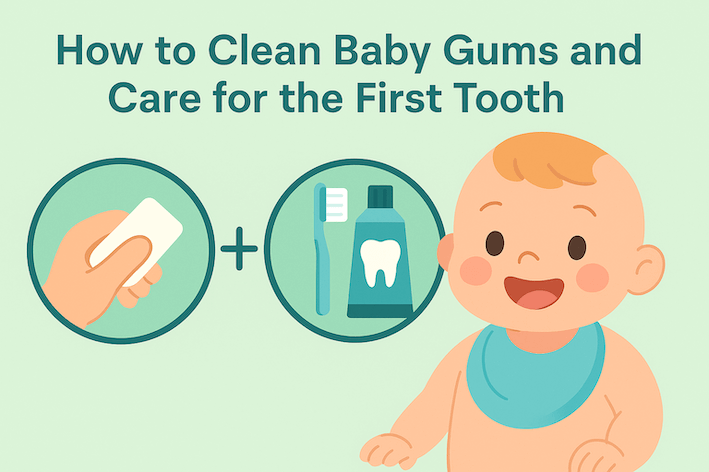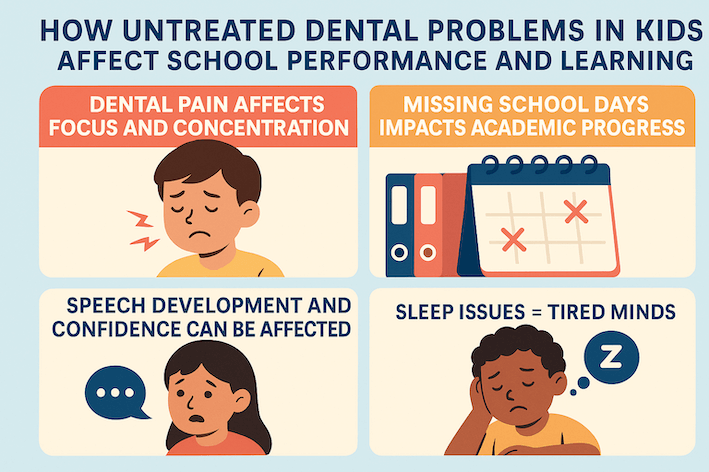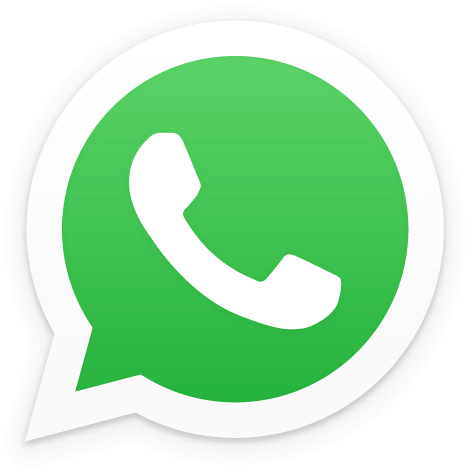A healthy diet plays a crucial role in your child’s dental health. While brushing and…

How to Clean Baby Gums and Care for the First Tooth
As parents, one of the first signs of your baby growing up is the arrival of their first tooth. But even before that tiny tooth pops up, oral care plays a crucial role in your baby’s overall health. Many parents often ask: Do I really need to clean my baby’s gums if they don’t have teeth yet? The answer is a resounding yes! Good oral hygiene starts from day one — even before the first tooth emerges.
In this blog, we’ll guide you through the importance of cleaning your baby’s gums, how to do it safely, and the steps to take when that first little tooth makes an appearance.
Why Cleaning Baby Gums Is Important
Even though gums may seem clean, milk and formula leave behind sugars that can feed bacteria in your baby’s mouth. These bacteria can lead to plaque buildup and even early childhood cavities once teeth start erupting. Regular gum cleaning helps:
- Prevent bacterial buildup
- Reduce teething discomfort
- Create a routine of oral hygiene
- Set the stage for healthy tooth development
When Should You Start Cleaning Baby Gums?
You should begin cleaning your baby’s gums within the first few days after birth. You don’t need toothpaste or a brush at this stage — just a clean, damp cloth or gauze will do.
It’s best to clean your baby’s gums:
- Twice a day — after the first feeding and before bedtime
- After any sweetened medication, if applicable
How to Clean Baby Gums: A Step-by-Step Guide
Here’s how you can gently clean your baby’s gums:
1. Wash Your Hands:
Always start by washing your hands thoroughly with soap and water.
2. Use a Clean, Soft Cloth or Gauze:
Dampen a soft, clean washcloth or a piece of gauze with warm water. Wrap it around your index finger.
3. Gently Wipe the Gums:
Cradle your baby in one arm and use your wrapped finger to gently rub their gums in a circular motion. Pay attention to the upper and lower gums, as well as the inside of the cheeks and tongue.
4. Be Gentle and Consistent:
This should never feel like a chore or cause discomfort. Make it a calm, soothing part of your daily routine, like after bath time or before sleep.
Teething: What to Expect
Between 4 to 7 months, most babies begin teething. Signs of teething include:
- Drooling
- Gum swelling or sensitivity
- Fussiness or irritability
- Chewing on fingers or toys
- Mild fever
To soothe teething discomfort:
- Offer a clean, cold teething ring (never frozen)
- Gently massage the gums with a clean finger
- Avoid topical gels unless recommended by a pediatric dentist
Caring for the First Tooth
When that first tooth breaks through — usually the lower central incisors — it’s time to graduate from cloth to a baby toothbrush.
Here’s what to do:
1. Choose the Right Toothbrush:
Use a baby-sized toothbrush with soft bristles and a small head. It should be specifically designed for infants aged 0–2 years.
2. Use Fluoride Toothpaste — Just a Smear:
Once teeth erupt, the American Academy of Pediatric Dentistry recommends using a rice-sized amount of fluoride toothpaste. Fluoride helps strengthen the enamel and protect against decay.
3. Brush Twice Daily:
Continue brushing after the first feeding and before bedtime. Even one tooth is enough for plaque to form.
4. No Bottle in Bed:
Avoid letting your baby fall asleep with a bottle, as it can cause “baby bottle tooth decay.” If needed, offer only water.
5. Clean the Tongue Too:
While brushing teeth, gently brush the tongue to remove bacteria that cause bad breath.
When to Visit a Pediatric Dentist
Many parents are unsure when to schedule their baby’s first dental visit. The recommendation is:
“First tooth or first birthday — whichever comes first.”
A pediatric dentist will:
- Check for any early signs of decay
- Guide you on proper brushing techniques
- Help with teething issues and oral habits like thumb sucking
- Ensure your baby’s jaw and teeth are developing correctly
Tips for Building a Healthy Oral Routine
- Make brushing fun with songs or a baby-safe mirror.
- Use flavored toothpaste designed for infants (make sure it’s fluoride-based and safe to swallow in small amounts).
- Never share utensils or clean pacifiers with your mouth — this can transfer cavity-causing bacteria.
- Encourage healthy eating habits from the start; reduce sugary snacks and drinks.
Final Thoughts
Starting oral care early builds the foundation for a lifetime of healthy smiles. It might seem like a small step — cleaning your baby’s gums — but it has long-term benefits in preventing cavities, gum disease, and other dental issues.
Don’t wait for dental problems to appear. Be proactive, stay consistent, and make oral hygiene a part of your baby’s everyday routine.
Need Expert Help With Your Baby’s Oral Health?
If you’re unsure about how to clean your baby’s gums or care for their first tooth, our pediatric dental experts are here to guide you.
We specialize in gentle, child-friendly dental care. From teething to toddler teeth, we ensure your child gets the healthiest start possible.
📞 Call us today to book your baby’s first dental check-up,
💬 Chat with us on WhatsApp, or
📩 Fill out our quick form and our team will get back to you!
Your child’s healthy smile starts here — let’s take the first step together.



